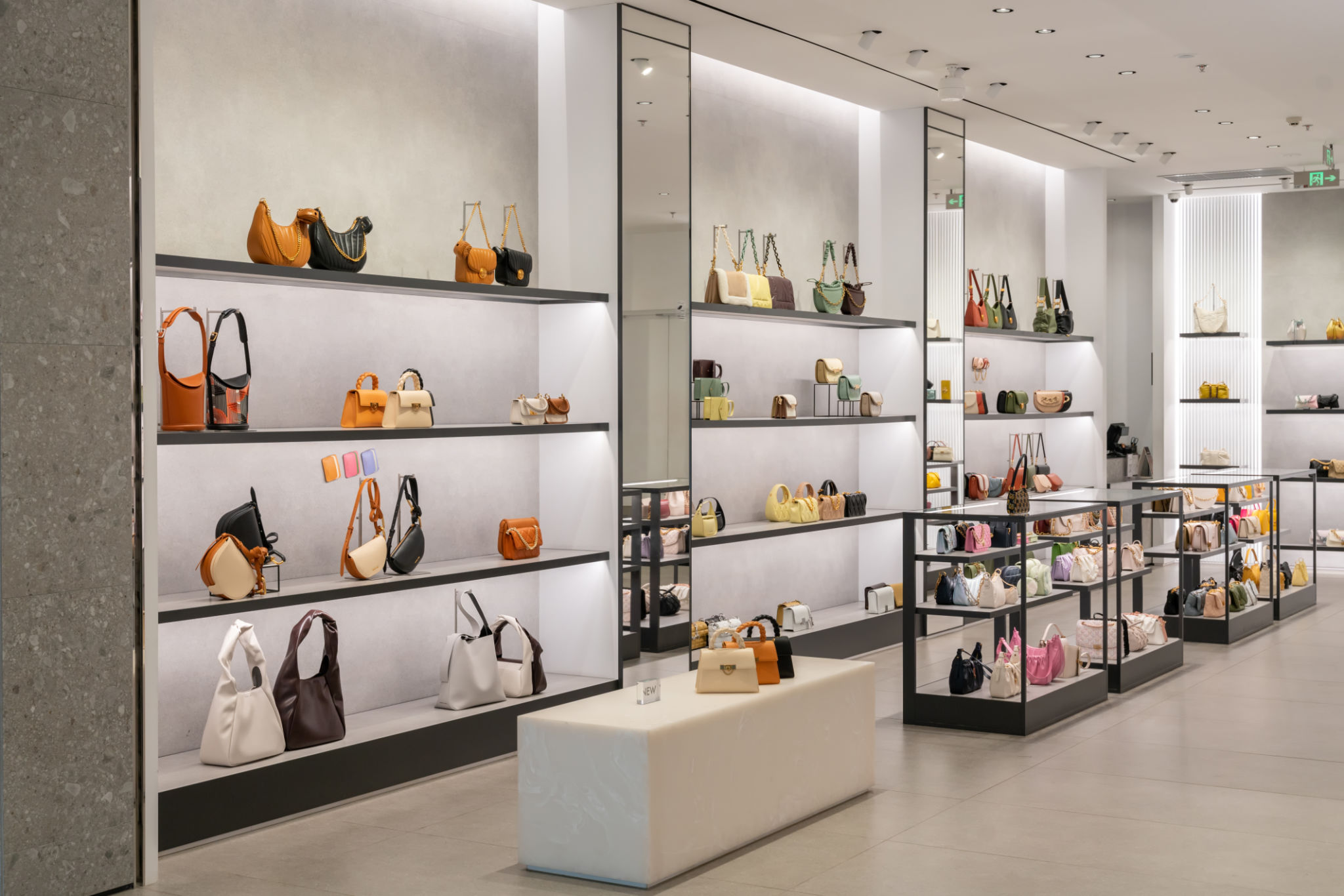The Art of Discretion: Conducting Mystery Audits in Luxury Retail
ZP
Understanding Mystery Audits in Luxury Retail
Mystery audits, often referred to as secret shopping, are a strategic tool used by luxury retailers to evaluate the quality of their customer service and overall shopping experience. These audits involve sending an anonymous shopper to a store to assess various aspects of the service provided. The goal is to ensure that the high standards expected in luxury retail are consistently met and that any areas of improvement are identified and addressed promptly.
In the luxury sector, where customer experiences are paramount, mystery audits help maintain a brand’s reputation for exclusivity and excellence. These audits provide valuable insights into customer interactions, product presentation, and the overall ambiance of the retail environment.

The Importance of Discretion
Discretion is a critical component when conducting mystery audits in luxury retail. The anonymity of the mystery shopper ensures an authentic interaction with the staff, providing a genuine reflection of the service quality. This authenticity is key to obtaining actionable insights that can drive improvements in service delivery.
Luxury brands must handle these audits with the utmost confidentiality to avoid bias and maintain trust with their employees. Ensuring that staff members are unaware of ongoing evaluations prevents any alterations in behavior that could skew the audit results.
Key Elements of a Successful Mystery Audit
Conducting a successful mystery audit involves several important steps:
- Defining Clear Objectives: Establish what you aim to evaluate, whether it's customer service, product knowledge, or store ambiance.
- Selecting Qualified Shoppers: Choose individuals who can accurately assess luxury standards and provide detailed feedback.
- Developing Comprehensive Checklists: Create detailed questionnaires to guide the mystery shopper’s evaluation process.

Post-Audit Analysis
After conducting the audit, it is essential to analyze the findings thoroughly. This analysis should focus on identifying strengths and weaknesses in service delivery. By understanding these elements, luxury retailers can tailor training programs to address specific issues and enhance the overall shopping experience for customers.
The insights gained from mystery audits can also inform broader strategic decisions, such as store layout changes or adjustments to customer engagement tactics. These decisions can help reinforce the brand's commitment to excellence and exclusivity.
Implementing Changes for Improvement
For mystery audits to be truly effective, luxury retailers must not only gather data but also act on it. Implementing changes based on audit results demonstrates a commitment to continuous improvement and customer satisfaction. This could involve further training for staff, adjustments in product presentation, or even enhancements in store aesthetics.

These improvements not only elevate the customer experience but also reinforce loyalty among clientele who expect nothing less than perfection from their luxury shopping journeys.
The Role of Technology
Incorporating technology into mystery audits can offer additional benefits. Utilizing digital platforms for data collection and analysis can streamline the evaluation process and provide real-time insights into customer interactions. This technological integration allows for quicker responses to identified issues, ensuring that service enhancements are implemented promptly.
Overall, mystery audits play a pivotal role in maintaining the prestige and excellence associated with luxury retail brands. By approaching these audits with discretion and a focus on actionable outcomes, retailers can continue to meet and exceed customer expectations, securing their place at the pinnacle of the retail industry.